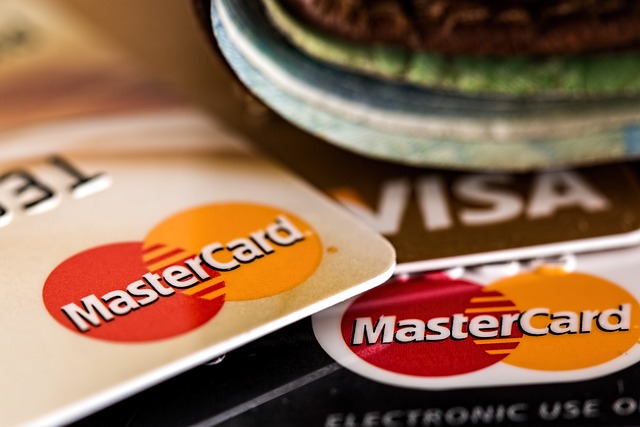In the digital age wherein almost everything can be done from our phones – including making payments – and contactless bank cards have become synonymous with the shopping experience, the time wherein consumers opted to pay in cash has seen its heyday come and go. But just how popular have cashless payments become?
In a new research report published by one-stop business comparison website BusinessComparison, the most recent data from across the globe was gathered alongside a survey of 2,000 UK adults to determine how often people pay using cash, and which payment types are the most commonly used. The research found that, overall, Europe had seen 180,147 million cashless payments in 2020. The continent recorded the third-highest volume of cashless payments at the time of the data being collected, accounting for 20% of all global cashless payments.
In terms of the United Kingdom, the country recorded 30,914 million payments during the 12-month period, of which, 20,722 million were cashless – making up 67% of total payments for the UK.
Broken down per capita, this amounted to 455.32 cashless payments per person in 2020, with the United Kingdom recording a population size of over 67 million people at the time.
Whilst the research clearly indicated that cashless payments have grown exponentially in popularity, BusinessComparison wanted to know which cashless payments had come out on top – debit/credit cards, or digital wallets.
The UK recorded 17,522 million debit card payments, alongside 2,851 million credit card payments and 345 million delayed debit card payments. Interestingly, no records for digital wallet payments were found at the time of the data collection.
From the data collected, it was clear that debit card payments were the most prominent form of cashless payment.
With cashless payments rapidly becoming so popular, what has become of traditional cash? BusinessComparison surveyed 2,000 UK adults to find out more about their cash-spending habits. Consumers were asked when they had last paid using cash, where the cash was spent, and what had prompted them to use cash rather than a cashless method.
Interestingly, the survey found that cash was still being used relatively often in the UK. 44% of respondents said that they had paid in cash within the last week, with a further 17% using cash in the last two weeks. An additional 13% reported paying in cash within the last month. 1% of respondents had never paid using cash. Unsurprisingly, many of these respondents were between the ages of 18-24 (8%).
In particular, 62% of respondents from Wales had paid in cash within the last week, alongside 51% from the North West. In comparison, 24% of respondents in the North East and 20% in Northern Ireland had used cash within the last month.
When asked where they had last paid using cash, it was hospitality that came out on top. 11% of respondents said they had been in a cafe or deli, with 9% spending cash in a restaurant.
Other common locations for physical cash to be spent included:
- Charity shop (9%)
- Farmer’s market (7%)
- Pub (6%)
- Butcher’s shop or fishmongers (5%)
Finally, BusinessComparison wanted to know why consumers were choosing to pay using cash. For many, it was a matter of necessity. Almost 30% said they had used cash as they were only making a small purchase (29%), with another 29% saying they were using up cash they already had on them.
Other common reasons for paying in cash included:
- The business only accepted cash (15%)
- Technical issues meant only cash could be used (7%)
- Prefer paying in cash (17%)
Most notably, just 17% of respondents said they prefer paying in cash – highlighting how much attitudes towards cash payments have changed. A vast majority of respondents had spare cash to use up (29%) with just under 30% using cash to make small purchases (29%).
22% of respondents from the West Midlands said they preferred paying in cash, alongside 20% from the East of England.
Philip Brennan, Founder and MD at BusinessComparison, commented on the research:
“In recent years, we’ve seen cash payments become increasingly undesirable, whether due to inconvenience or something else. Cashless payments have quickly risen in popularity to become the most predominant form of in-person payment.
“As well as highlighting the global success of cashless payments, our research shows how cash payment trends vary in different parts of the UK, with Wales and the North West making notable contributions to the growing popularity of convenient cashless payments.
“It’s clear that savvy UK consumers understand the benefits of cashless payment methods, making it essential for businesses to cater to their preferences.”



 Bitcoin
Bitcoin  Ethereum
Ethereum  Tether
Tether  XRP
XRP  Solana
Solana  USDC
USDC  TRON
TRON  Lido Staked Ether
Lido Staked Ether  Cardano
Cardano  Avalanche
Avalanche  Toncoin
Toncoin